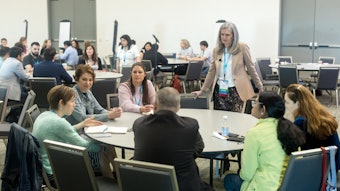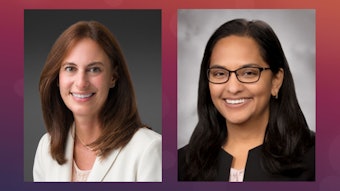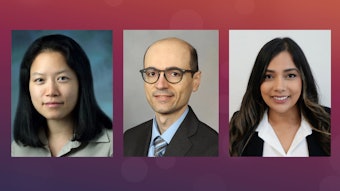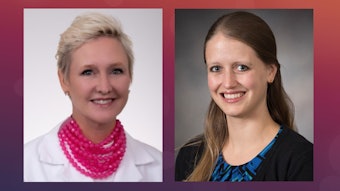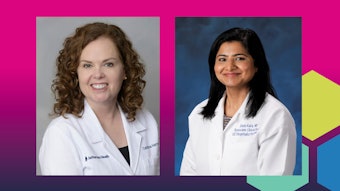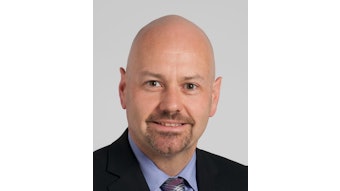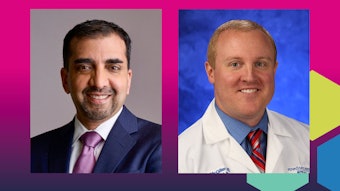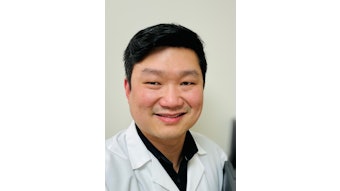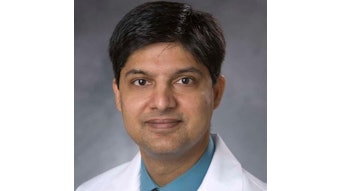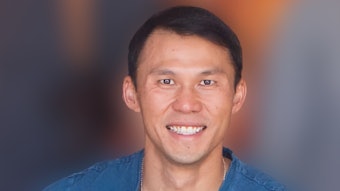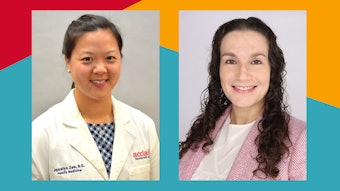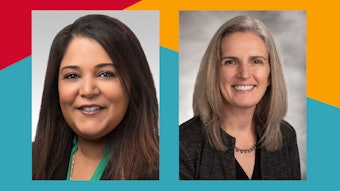Learning course to explore new guidelines, therapeutics
How hospitalists can stay integral to patient care and on point with specialists.
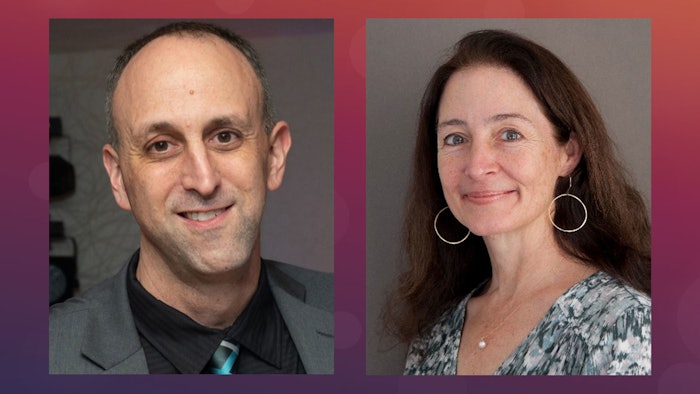
Serving a diverse array of hospital admissions takes more than knowledge and skill. It takes a fierce devotion to continuous review and evaluation of the latest evidence, literature, and guidelines on myriad topics. It’s not enough for hospitalists to rely on past cases or immediate access to specialists when treating patients, according to Daniel D. Dressler, MD, MSc, co-director of the April 22 session, “Evolving Medicine — Getting Up to Speed With Cutting-Edge Care: Rapid-Fire Evidence & Guidelines.”
“Hospitalists don't necessarily focus on an individual organ. We are generalists and so we see anything and everything that comes into the hospital,” said Dr. Dressler, professor of medicine at Emory University School of Medicine in Atlanta. “So, in this session, you’re going to learn things about infections, critical care, neurologic conditions, cardiology, gastroenterology, and so much more, because we're all taking care of those conditions on a day-to-day basis.”
Poring through the literature can be challenging for the busy hospitalist, said Heather E. Nye, MD, PhD, professor of medicine at the University of California, San Francisco, and session co-director. “As such, the session aims to “synthesize, summarize, and simplify key findings that impact inpatient care,” Dr, Nye said.
This new, four-hour advanced learning course is designed to provide hospitalists with new information from the last one to three years that impacts their day-to-day patient care, Drs. Dressler and Nye said. Speakers will present content in a case-based format and will review recent data and guideline nuances as they apply to inpatient management.
For example, the speakers will explore new topics such as perioperative cardiac risk stratification guidelines as well as the use of cardiac enzymes in the evaluation and management of hip fracture patients. New thinking in fluid management will also be part of the discussion, in addition to blood transfusions in patients admitted with acute myocardial infarction.
Pneumonia management with newer therapeutics, the latest in stroke treatment, such as whether to consider dual anti-platelet therapy and the implications of that choice, and many other hot topics will be covered. Recent studies in these areas are practice-changing, Dr. Dressler said, making the discussion both critical and applicable to the everyday job of a hospitalist.
“The individual presentations are meant to be power packed with lots of information and new studies, so after three to four hours, you’ll leave with new evidence and guidelines, with learning in an engaging and hopefully unforgettable manner,” Dr. Dressler said.
The co-directors’ goal, they said, is to ensure hospitalists are up to date on the newest data so they can return to their hospitals and immediately incorporate it into practice.
“It’s going to be a whirlwind. But we also intend to make this course memorable and fun. Attendees can expect to learn, laugh, and leave smarter, not exhausted,” Dr. Nye said.
Most hospitalists don’t have the time it takes to identify and digest the relevant literature from the many fields in which they practice, Dr. Nye said.
“It can be an absolute deluge of information coming all at once with little context. Subscribing to a journal aggregator service can help mitigate that, but nothing is more effective than case-based discussions and application of new literature synthesized and presented by trusted experts,” she said.
Drs. Nye and Dressler noted that some hospitalists practice in hospitals with specialists readily available. Others care for patients in resourced-constrained areas and must rely on their own knowledge of organ-specific disease management. In both cases, they said, there is an argument to stay apprised of the literature and maintain familiarity with best first steps in management of complex illnesses.
“Hospitalists must make decisions based on evidence. Staying up to speed with current medical literature also allows them to have reasonable conversations with their specialists when they are available and making recommendations. It allows for checks and balances,” Dr. Dressler said.
Challenges and nuances will test the skills and knowledge of hospitalists each day, Dr. Dressler added. Understanding the latest literature and guidelines will only lead to improved patient care.
“We need to keep up just as much as any specialist does,” he said.
Visit SHM Meeting News Central for more coverage.
